Dinosaur Names Need To Change, Scientists Argue For New System
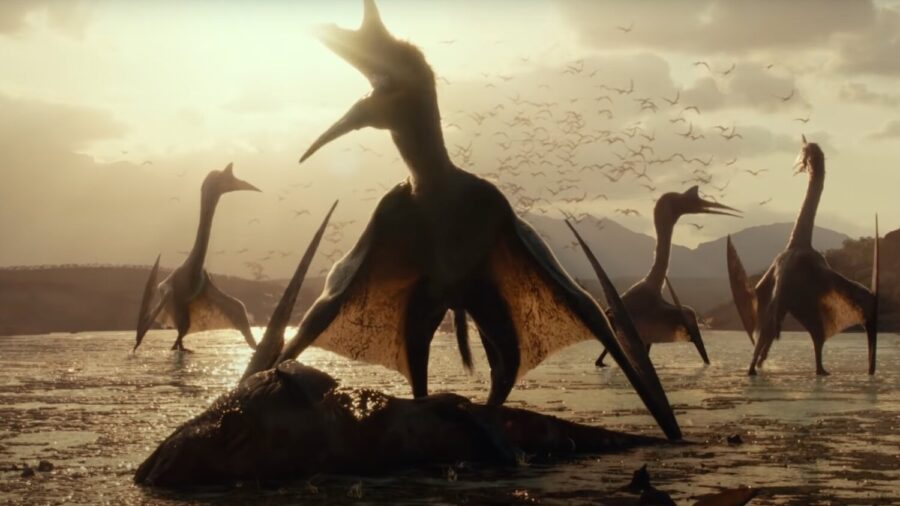
2024 marks two centuries since the discovery of the first dinosaur, the Megalosaurus. Since fossils have popped up all over the world, archeologists have developed technology and reconstruction engineering, which has made discovering and learning about ancient creatures easier and more accessible than ever before. Now, a group of scientists have called for a more robust method of crafting dinosaur names as a means to properly cite the history surrounding the exhumation of the ancient bones.
Misleading Names
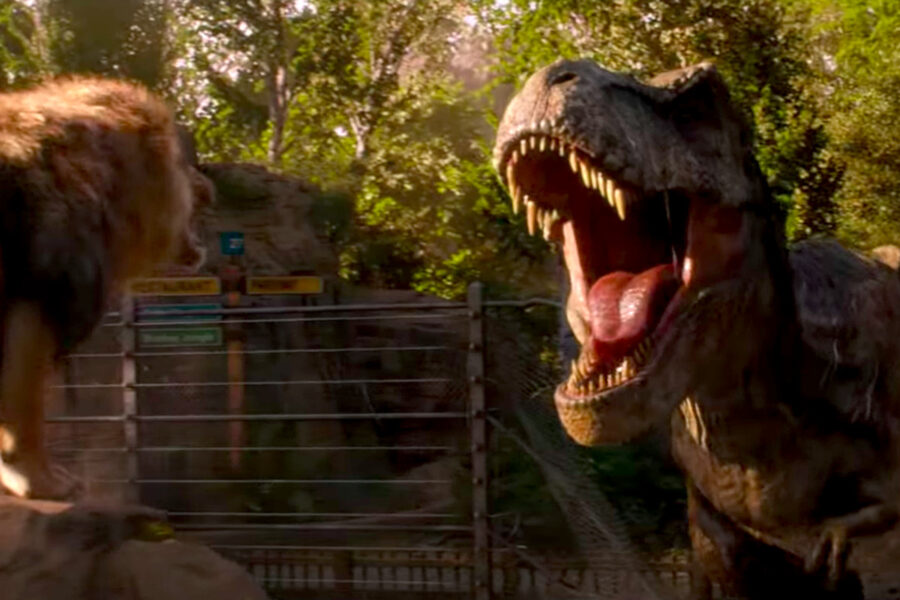
Some dinosaur names were awarded to the respective creatures with naming practices that no longer fly in the world of archaeology. When minister William Buckland first discovered the Megalosaurus, it was the first species of its kind to be cataloged, and as such, the creature was named for its immense bone size. Of course, we now know that the creature paled in comparison to the size of other massive dinos, including the Argentinosaurus, the Spinosaurus, and the aptly-titled Giganotosaurus.
Names That Don’t Translate
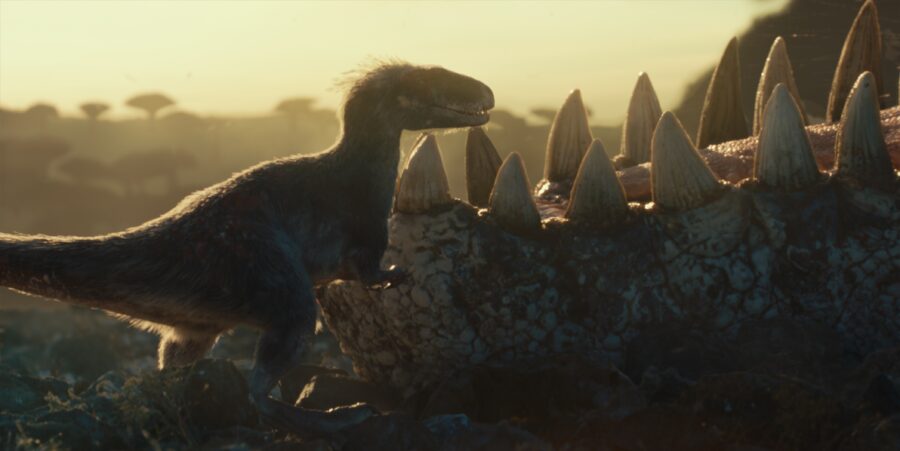
Furthermore, some dinosaurs were given names by colonizers who did not represent or respect the land in which they were discovered. For instance, many dinosaurs discovered in the early 20th century in the Tendaguru formation in East Africa have been named after the German colonists who dug them up, and not the African lands that they inhabited. Other dinosaurs have been given names that mistranslate their meaning from native tongues or otherwise erase underdeveloped cultures in the name of neocolonialism.
A Growing Problem
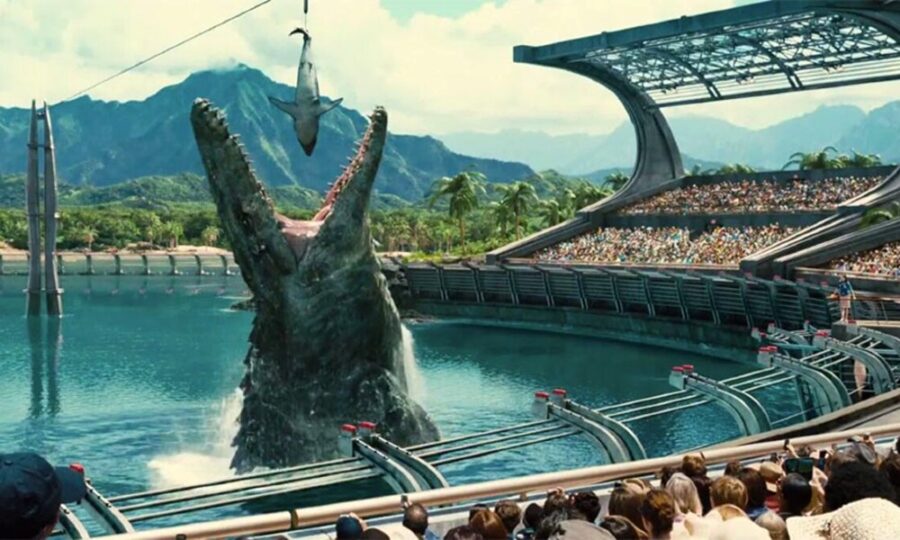
Friedrich-Alexander University palaeobiologist Emma Dunne has led a study of dinosaur names, which concluded nearly 3 percent of all prehistoric creatures have been named under these shaky conditions. While that may not sound like a lot, it does point to a staggering and unfortunate series of practices in the field of archaeology, also brought to mind by stolen artifacts that remain fixtures in European museums to this day.
A Brewing Battle Over Renaming
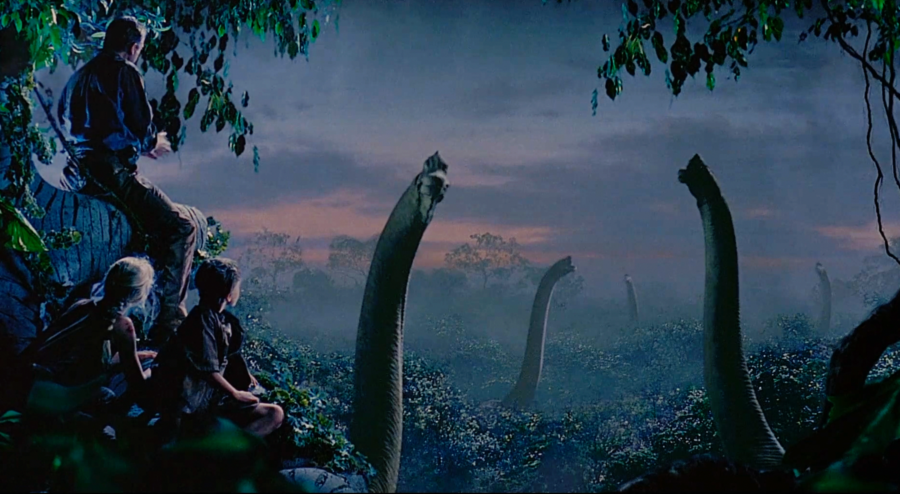
The International Commission on Zoological Nomenclature, or ICZN, does have a few existing requirements for dinosaur naming conventions in place, though some paleontologists wish to adjust these rules, putting in place more robust guidelines to respect ancient cultures. Unfortunately, the ICZN is firmly against the concept of renaming previously discovered dinosaurs, even if the names carry negative connotations with them.
Tradition To Name After Discoverers
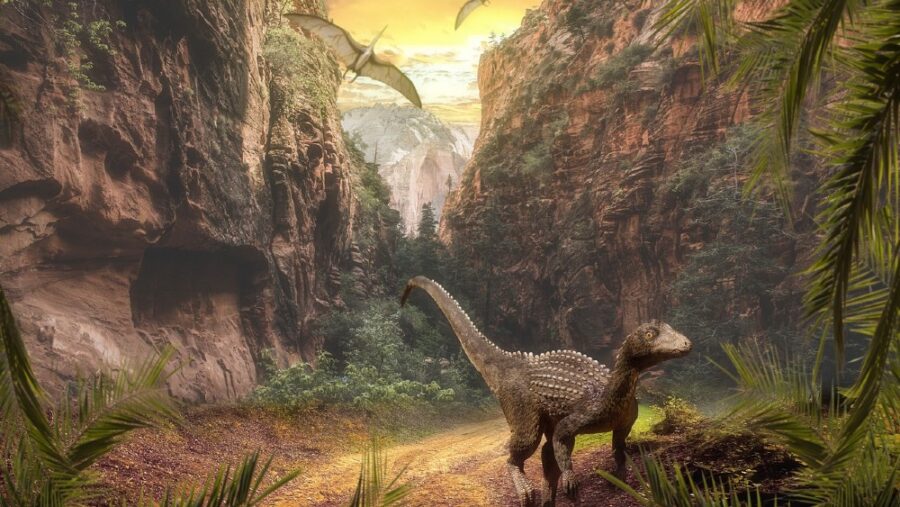
Recent trends have seen discoverers leaning on eponymous naming practices more than ever before, often giving dinosaurs names that echo that of their discoverer. In fact, more than half of all eponymous dinosaur names have been given out to ancient fossils discovered in the last 20 years alone. This is also a red flag for some members of the archaeological community, as this convention often sees dinosaurs taking on traditionally masculine names, minimizing the effort women put into the discovery.
An Uphill Battle For Change
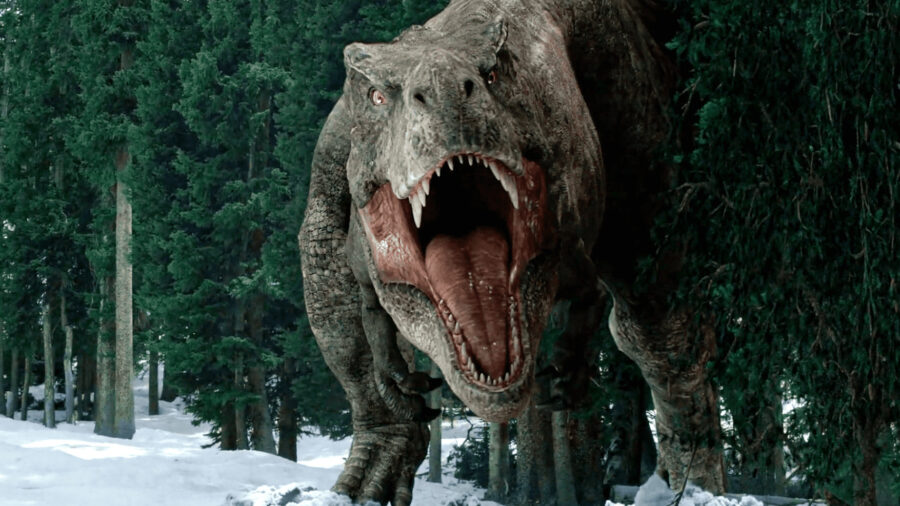
Generally speaking, the paleontologists seeking a change in dinosaur naming conventions would prefer that the newly discovered creatures be titled after their own physical characteristics and not after the men who dig them up. Even if the existing names are set in stone, it may be worth petitioning the ICZN to implement new rules surrounding future dinosaur names in order to curb these issues.












